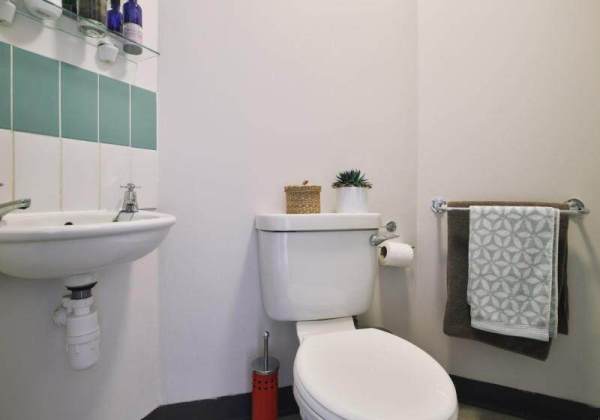Are you an international student planning to pursue your education in the United States? If so, one of the crucial aspects you’ll need to consider is finding suitable accommodation. As a student, you want a place that not only provides comfort and security but also fits within your budget. In this article, we’ll explore the pros and cons of Boston student residence halls and delve into the pricing of student shared apartments in Boston, helping you make an informed decision about your housing options.
Pros and Cons of Boston Student Residence Halls
Pros:
Convenient Location: Student residence halls in Boston are often strategically located near universities and colleges. This means you’ll have a short commute to your classes, saving you time and money on transportation.
Built-In Community: Living in a student residence hall allows you to connect with fellow students easily. You can make friends, join study groups, and build a supportive network right where you live.
Amenities: Many Boston student residence halls offer amenities like gyms, common areas, and laundry facilities, making your student life more convenient.
Security: Residence halls typically have robust security measures in place, ensuring your safety and providing peace of mind to both you and your family back home.
All-Inclusive Pricing: Your rent often includes utilities like electricity, water, and internet. This makes budgeting simpler since you won’t have to worry about fluctuating bills.
Cons:
Cost: While residence halls offer convenience, they can be more expensive than other housing options. You’ll need to weigh the benefits against the cost to determine if it’s the right choice for you.
Limited Privacy: Sharing a space with other students means you’ll have limited privacy compared to renting your own apartment.
Rules and Regulations: Residence halls often have strict rules and regulations that you must adhere to, which may not suit everyone’s lifestyle.
Space Constraints: Dorm rooms can be small, and you might need to make do with limited storage and living space.
Now, let’s shift our focus to the pricing of student shared apartments in Boston.
Student Shared Apartments Boston Pricing
Shared apartments can be an excellent alternative to student residence halls. Here’s what you need to know about their pricing:
Affordability: Student shared apartments in Boston can often be more budget-friendly than residence halls. You’ll typically split the rent and utilities with your roommates, making it a cost-effective option.
Variety of Options: Boston offers a wide range of shared apartment options, allowing you to choose the one that suits your preferences and budget best.
Privacy and Independence: Renting a shared apartment provides more privacy and independence compared to residence halls. You’ll have your room and more control over your living space.
Flexibility: Shared apartments often come with more flexible lease terms, allowing you to rent for shorter periods, which can be beneficial if you’re only studying in Boston for a semester or two.
However, it’s essential to consider potential challenges, such as finding reliable roommates and managing household responsibilities.
In conclusion, both Boston student residence halls and shared apartments offer unique advantages and drawbacks. To make the right choice, consider your budget, lifestyle preferences, and the level of independence you desire. Remember, there’s no one-size-fits-all answer, and your housing choice should align with your individual needs.
To explore various housing options in Boston and beyond, we recommend checking out Awehome, a trusted platform that caters to international students’ housing needs. Whether you’re looking for a cozy residence hall or a shared apartment, Awehome can help you find the perfect place to call home during your academic journey. Start your search today and make your transition to Boston as smooth as possible.
Original article by awehome, if reprinted, please indicate the source:https://en.awehome.com/blog/145010.html




